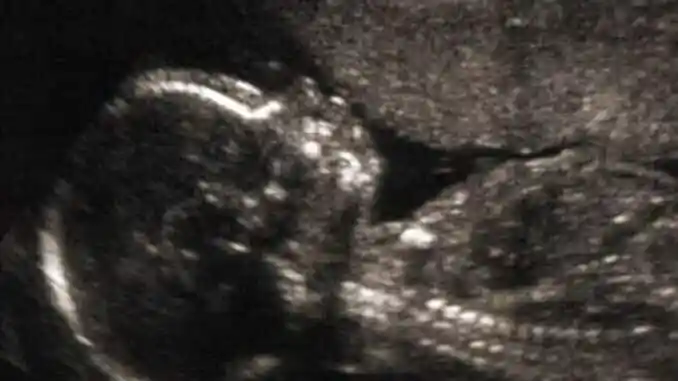Scientists have long studied the mysteries of autism, and new research points to an unexpected factor: the gut microbiome. A recent study published in The Journal of Immunology suggests that the bacteria living in a mother’s digestive system may play a role in her child’s likelihood of developing autism.

The study, conducted on mice, found that certain gut bacteria trigger an immune response involving a molecule called interleukin-17a (IL-17a). This molecule, already linked to conditions like rheumatoid arthritis and multiple sclerosis, appears to affect brain development in the womb.

Researchers compared two groups of mice—one with gut bacteria that produced IL-17a and another without. When IL-17a was blocked, the offspring behaved normally. But when left unchecked, the pups developed behaviors resembling autism. Even more striking, when scientists transferred gut bacteria from the first group to the second, the second group’s offspring also showed signs of the disorder.

While the findings are preliminary and not yet confirmed in humans, they open a new path for autism research. The next step? Identifying which specific bacteria are involved and whether the same mechanisms apply to people.


